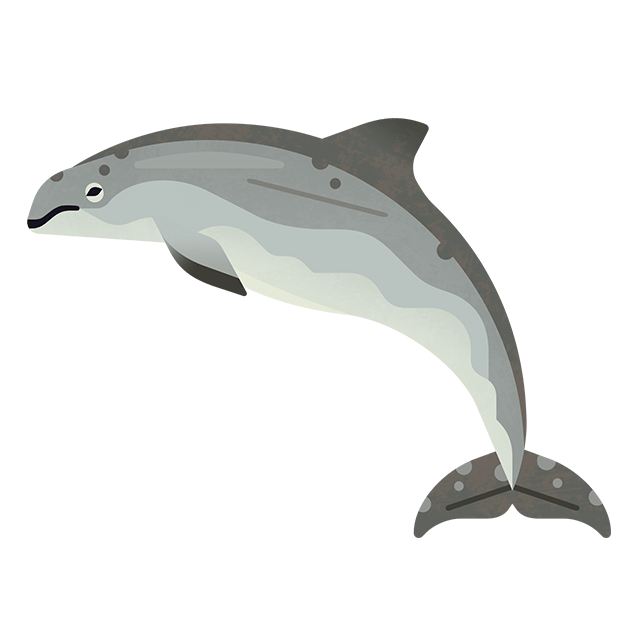
Sewage sludge: why we must stop pollution at source
Treated sewage sludge containing harmful chemicals and microplastics is being spread over UK farmland. We need urgent action to ensure the health of the environment, including marine ecosystems.
Pollution is one of the main drivers of the current biodiversity crisis. In our oceans, the impacts of microplastics and highly persistent chemicals are making wildlife more vulnerable to infectious diseases and climate change as well as impacting on their overall health and ability to reproduce.
But what's this got to do with sewage sludge and why we must stop this pollution at source? A recent Marine Conservation Society report reveals all.
Why does sewage sludge contain pollutants?
As the wastewater from our homes and businesses is treated, a solid material called sewage sludge is formed. Due to it’s organic matter and nutrients, it has become commonly used as a fertiliser. In the UK, around 3.5 million tonnes per year, or 170,000 truckloads, are spread onto agricultural land.
Once these pollutants are in the environment it’s practically impossible to remove them and, due to their persistence, they continue to increase in quantity for as long as we continue to put them in.
What can we do about it?
We often get asked, why aren't sewage treatment works providing a solution to these pollutants? After all, we’re continually told how effective our sewage treatment is, and in fact sewage treatment works can remove between 80-99% of microplastics from treated wastewater.
Although water companies are required to monitor some pollutants in the treated sewage sludge, such as lead and mercury, the legislation is outdated and does not take into account pollutants found in modern wastewater. Thresholds must be set for a wider range of contaminants, including microplastics and PFAS, if it is applied to agricultural land.

Credit: Shutterstock
Why don't we just throw sewage sludge away?
If sludge was simply thrown away it would create a lot of waste. Using sludge as a fertiliser supports a circular economy, avoids the use of fertilisers made from raw materials and reduces carbon emissions.
We agree that treated sewage sludge is a valuable resource within the circular economy, but it must be properly monitored to ensure it isn't a source of pollution.
Why stopping pollution at source works
Bans on the use of harmful contaminants such as CFCs in fridges and TBT in anti-fouling paint have all lead to successful reductions in the environment. And more recently, bans have been introduced on some single-use plastic products such as straws, stirrers and cotton buds to reduce the amount of plastic reaching our seas and beaches.
To stop sewage sludge polluting our environment, the Marine Conservation Society is calling for:
- Washing machine manufacturers to fit microfibre filters in all new domestic and commercial machines, by law, by 2023.
- Restrictions on the use of intentionally added microplastics.
- A ban on all PFAS from non-essential uses.
To find out more about sewage sludge and what we believe needs to happen, download our report.


